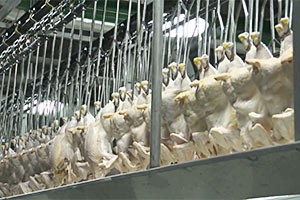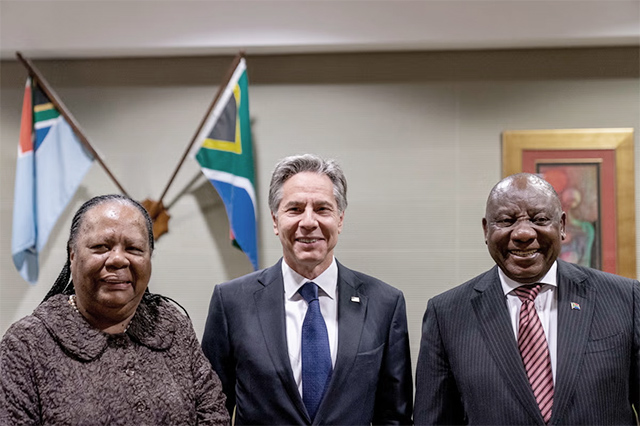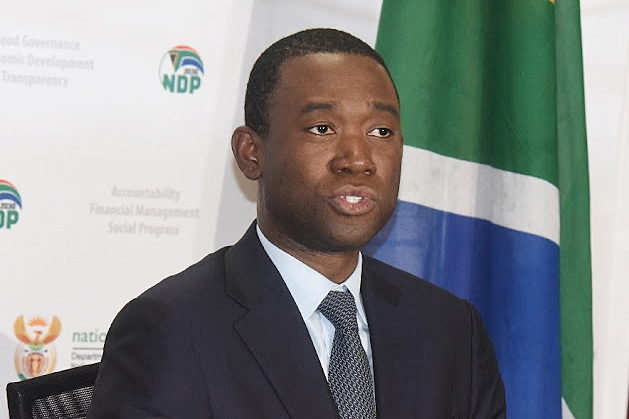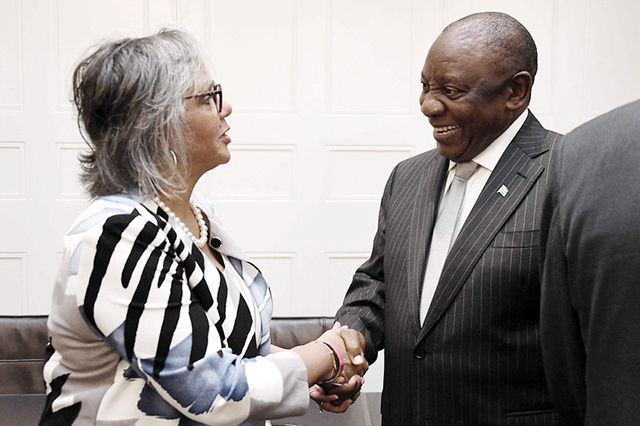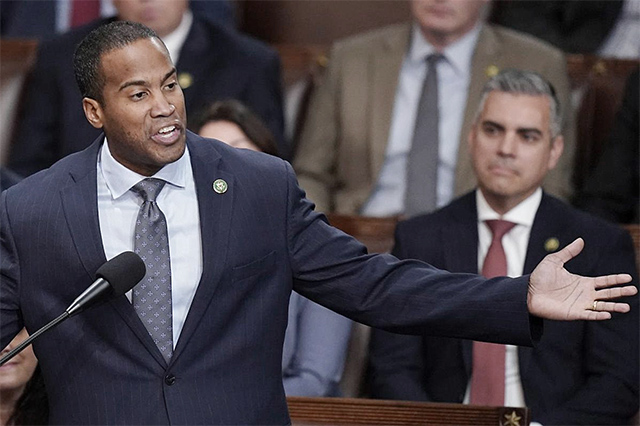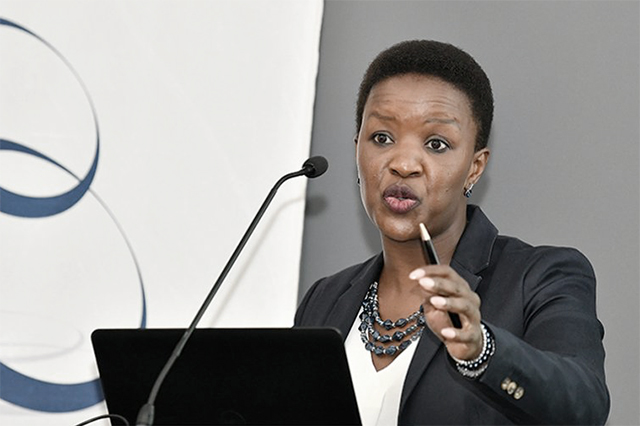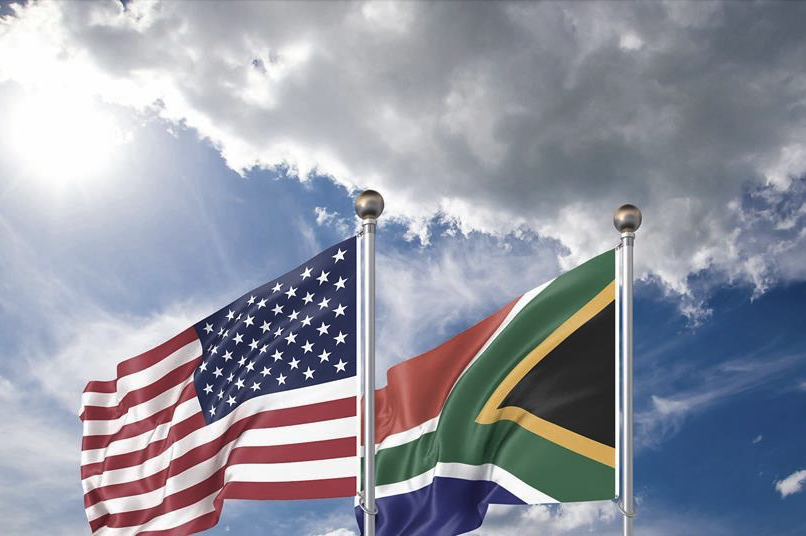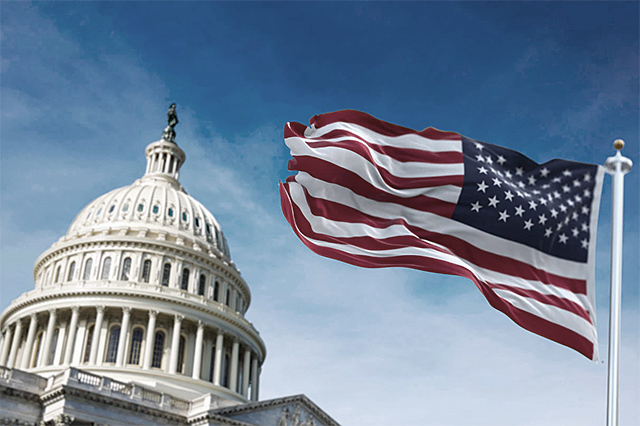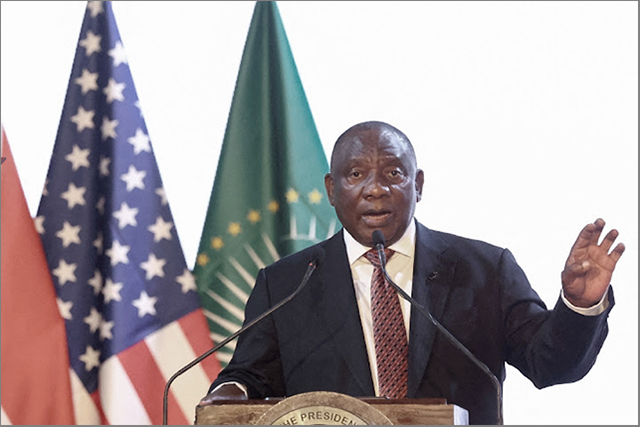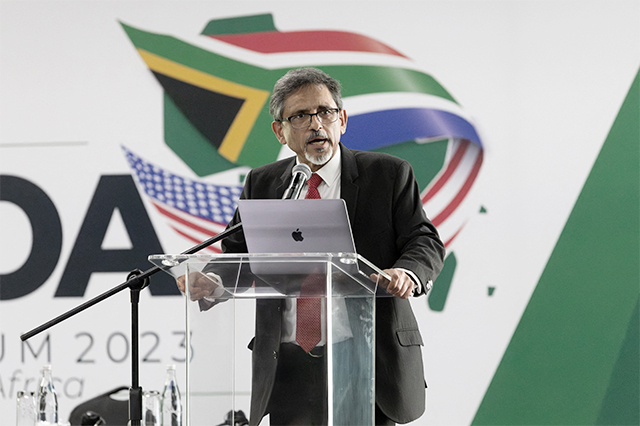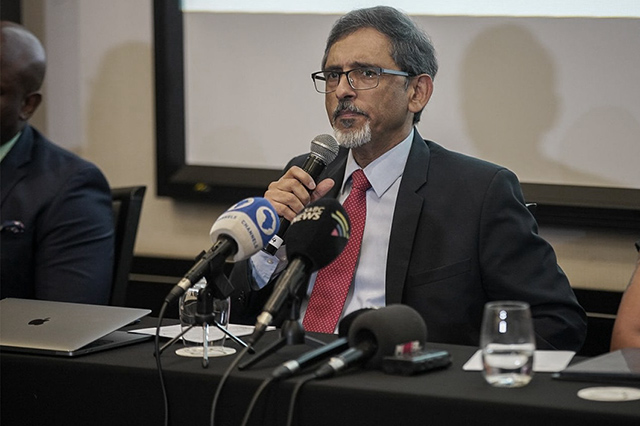Chickenomics – who’s the victim in Agoa poultry row?
It has been enlightening to watch the unfolding saga of the renewal of the African Growth and Opportunity Act (Agoa) negotiations over the past few months. When reviewing what is at stake and considering the major benefits to South Africa Inc; it must be considered: what are the drawbacks?
When considering the comments of the South African Poultry Association (Sapa), it appears as if the association is the victim, but delve a little deeper and consider who the real victim is.
Sapa has consciously invested into a sector that is dependent on the vagaries of agriculture, impacted by a number of factors beyond their control, in particular weather and animal disease. Despite these challenges, there are key positive factors that play into the chicken producers’ favour. An example is the huge cost input of feed, which is dominated by grain prices. These are not determined in Randfontein but on world exchanges depending on global supply and demand.
As easily as prices increased to more than R3 200 ton in 2012 due to the failed US grain crop, so too in 2014 due to the largest grain crop in 30 years in South Africa and world grain surpluses, the prices decreased to R1 700 ton.
What Sapa do not advertise is that the majority of their chicken producers are also vast integrated grain traders.
Chicken growing is a grain value add and not actually a standalone independent sector. Over the past few years, except for possibly 2012 and 2013, the major producers have reaped exceptional profits running well above R10 billion.
Linked to these substantial returns for shareholders is the dubious activity of adding excessive amounts of water to chicken through an innocuously named process of brining.
Brining is the practice of injecting a water-based solution, sometimes up to 40 percent, into chicken. Essentially unsuspecting consumers are sold expensive water that is being passed off as cheap chicken.
Sapa criticises imports for destroying local jobs but this is simply not the case. The numbers show that imports employ thousands in the import, warehousing and distribution activities with an additional 10 000 jobs directly involved in making the bulk imported product consumer-ready.
Regarding the accusations of dumping against any country which dares to supply a basic commoditised chicken product to South Africa, a serious inward look at local practices versus international best practice will reveal that we can grow chicken as well as any trade partner, but our problems originate in the marketing of this staple.
Internationally, successful producers extract the best value per cut and market each item to the best paying market, whereas in South Africa each cut is sold heavily brined at the same price in mixed portion bags.
Based on current World Trade Organisation dumping duty investigations, the calculation method used 15 years ago of arriving at dumping margins for the US chicken exporters has been discredited.
Using current formulas, it is unlikely that any dumping margin could be found on US chicken.
Protectionist support
In a number of Sapa requests to South African authorities for protectionist support, imports have been blamed for the woes of the Sapa producers. This is a misleading allegation. Imports do not compete directly with local producers. Fresh chicken is not able to compete with the highly brined low priced individually quick frozen chicken which dominates the domestic production. Moreover, brine would simply leak out of fresh chicken.
New entrants who wish to enter the frozen chicken value chain struggle to compete with the big five producers who dominate 70 percent of the domestic production and are highly mechanised. New entrants generally do not have the capital and the technological know-how to invest in brining to outcompete the existing dominant players. The obstacle to new entrants is brining and not imports.
Sapa’s hype about the impending collapse of the industry is pure fear mongering. Average imports per annum of bone in chicken have been extremely stable over the past number of years. When markets close and open due to changes in tariffs and changes in supplying nations’ disease status, the nature of the global village is that trade finds a new balance, as world supply and demand is in balance.
In other words, South Africa imports annually approximately 10 percent of its chicken consumption requirements. It is only the source which changes.
If South Africa finds a way to satisfy the requirements of the US trade benefactors for them to continue with the preferential market access on a wide range of other South African export products there will not be a flood of US chicken into our market but merely a rebalancing of the sources of supply to balance domestic supply with demand.
The real victim in all of this is the South African consumer. While producers maintain stupendous profits, consumers are essentially being sold expensive water and forced to support a model that restricts competition and their consumer choice.
Georg Southey is the manager of Merlog, a local poultry importer.


